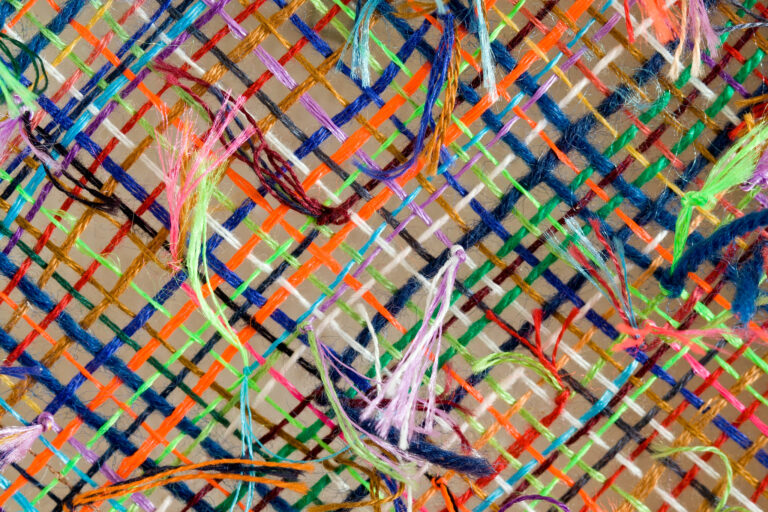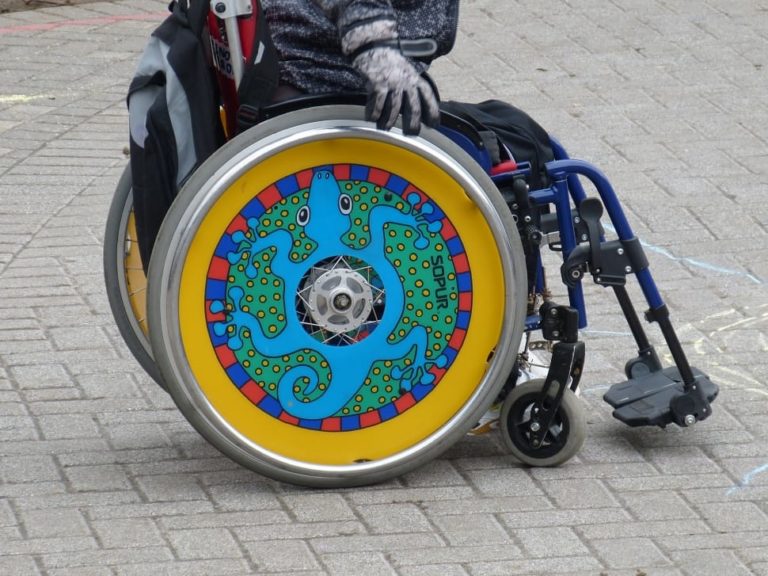In a world of negation, it is exhilarating to imagine possibilities. Such is evident in the strain of critique that asserts there is something radically productive in opening up possibilities. This makes sense: critical theory seeks to illuminate something beyond endless torrents of death and destruction. But, this essay contends, the thrill of possibility-creation has created a new aporia: the affect gesture of possibility risks overshadowing the realization of radical possibilities. Various strains of scholarship presume that scholarly politics is a matter of perceiving and awakening possibilities. The impulse is most readily clear in utopianist scholarship like that of José Esteban Muñoz, but it’s also evident in work by Saidiya Hartman, Eve Kosofsky Sedgwick, and even Rita Felski. All these materials propose that cultural materials can coordinate possible worlds, and by extension, scholarship competency is to schematize them. But, I argue, the scholarship that follows these thinkers risks becoming trapped by possibility. It’s captivating to imagine new ways of being or living or knowing, but there exists neither the professional incentive nor the affective discipline to realize those possibilities. In our reverie at imagining the construction of a better world, our blueprints don’t necessarily reach the builder—and the indulgence of possibility risks sliding back into despair. This essay does not argue for dismissing the scholarship above, but rather suggests we haven’t read them well enough. Muñoz, Hartman, and Sedgwick are not drunk on hope; their openness to possibility comes from the mute agony of living in an unlivable world. Although a variety of material factors stand in the way of scholar-activism, this affective trap remains one of the most pressing—for if we do not recognize the feelings that structure political scholarship, we will only be playing a language game, projecting possibilities that could never come to fruition.
Keyword: utopia
Review of Media Hoaxing: The Yes Men and Utopian Politics by Ian Reilly (Lexington Books)
The review evaluates Ian Reilly’s analysis of Yes Men hoaxes as a means of calling attention to corporate greed and abuses of power as well as a new mode of political engagement that entails from utopian dispositions the reformist aspirations to nudge society towards a better version of itself. It emphasizes the innovative approach for of The Yes Men to “sharpening a political critique” and coupling it with doing politics differently. It highlights Reilly’s findings of the dependency of hoaxes’ success on contextual factors and encourages future studies to capitalize on Reilly’s work to develop an account of the “ecosystem” in which media hoaxes circulate.
Crip Twitter and Utopic Feeling: How Disabled Twitter Users Reorganize Public Affects
Conceptually, online activism remains a divisive concept: detractors decry it as low-commitment “slacktivism,” and proponents argue that the Internet is a powerful platform for organizing. Particularly for disabled persons, the Internet provides new avenues for engagement and organizing work by allowing disabled persons in disparate places to connect with each other. While the intersection of disability activism and online activism remains underexplored, existing literature remains anchored to the notion that disabled online activism’s greatest impact is in organizing physical protests and actions. This paper scrutinizes the actual work and impact of three disabled Twitter activists, and wages an argument based on how Twitter activists make other users feel. Particularly, this paper synthesizes affect theory with Althusser’s notion of “interpellation” and revises Michael Warner’s theory of “publics” to argue that such disabled Twitter activists and their followers mutually generate networks distinguished by shared feelings (affective networks, as this paper terms them), and that these networks are constantly being renegotiated and transforming the feelings of their members. The paper makes four key interventions: first, it writes against Michael Warner’s initial reluctance to include the Internet in his theory of publics, by arguing that Twitter followings model Warner’s publics. Second, it performs close readings to describe both how Twitter users’ writings generate affective networks and what activist impact these affective networks have. Third, it identifies and describes radical optimism and the utopic work of “demanding” as constituents of Twitter users’ affective networks. Finally, this paper examines and describes how affective networks shift with each tweet, and how such writings transform the feelings that constitute those affective networks. Arguing in part from my own subjectivity as a disabled Twitter user, I contend that Twitter enables disabled users to organize their feelings according to the feelings they want to have, and the feelings they think they ought to have.


